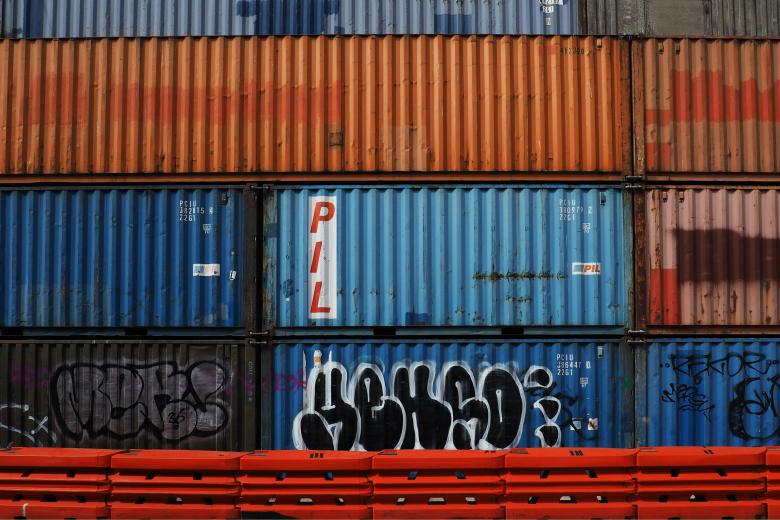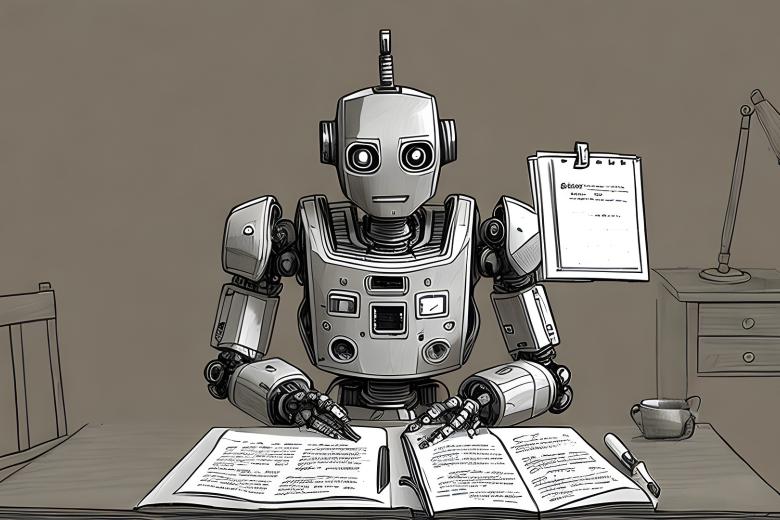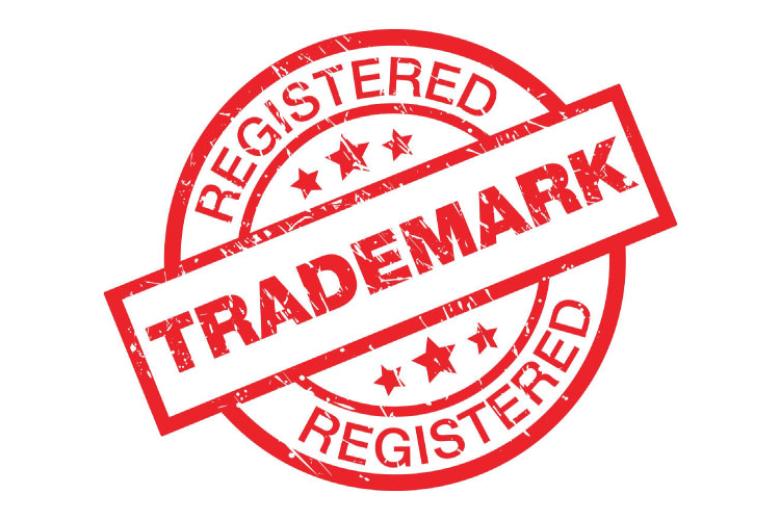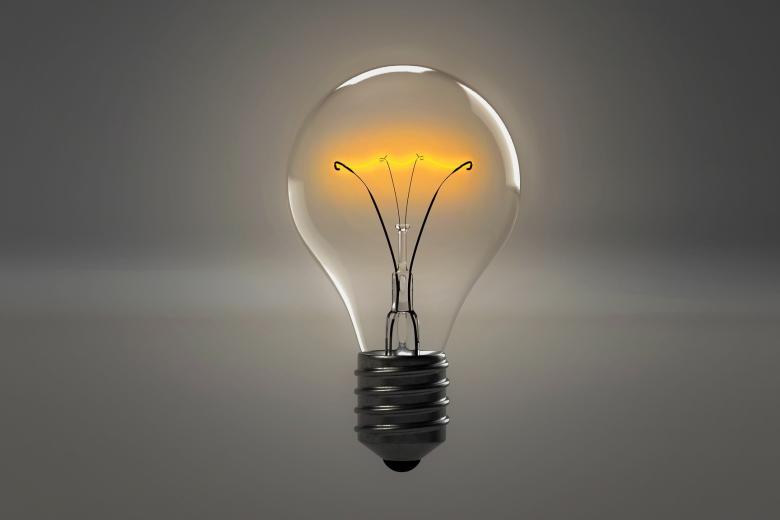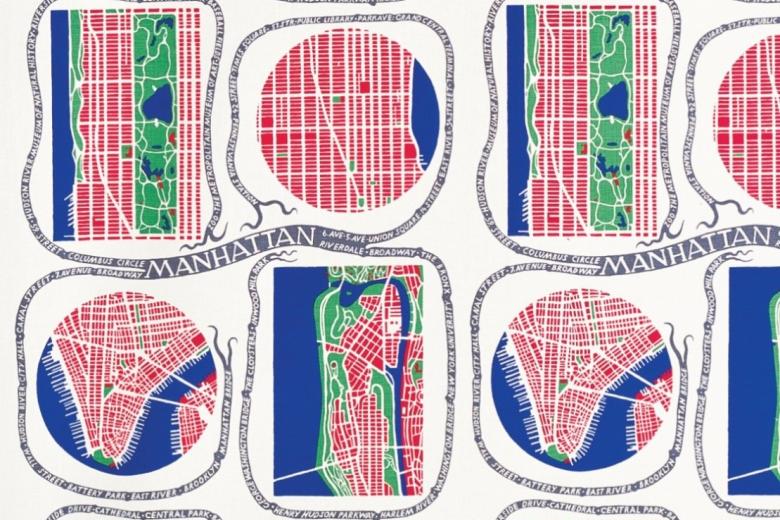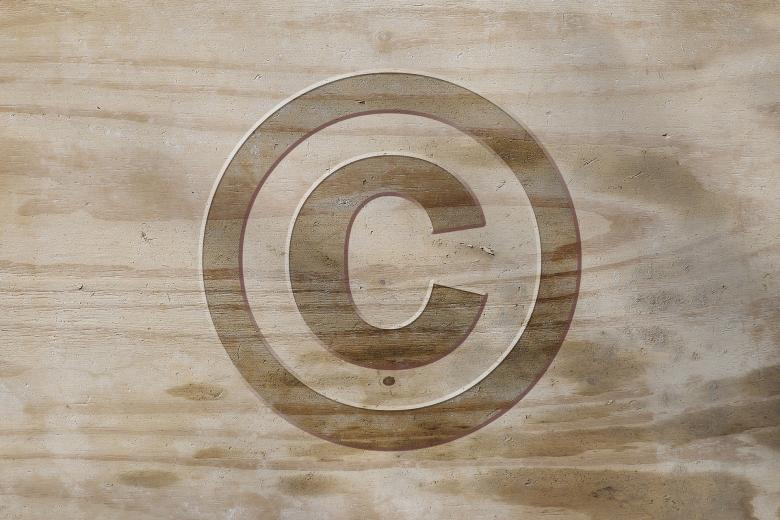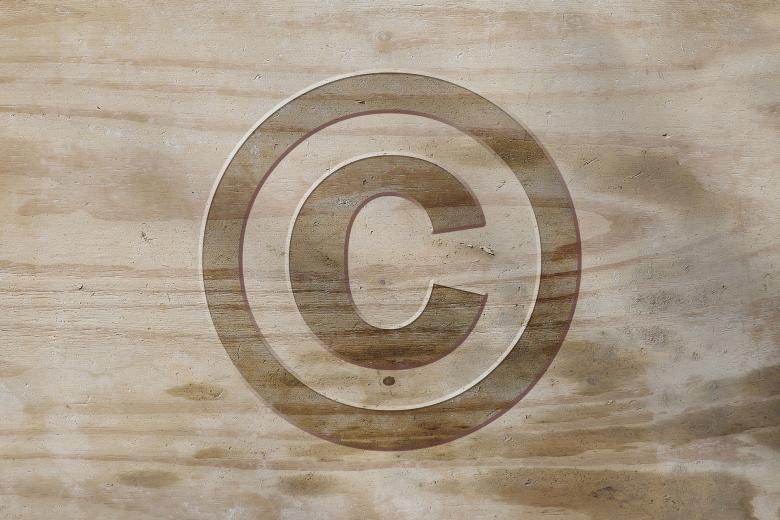Rules Under Fire: The Case for International Trade Law Today
On 17 April, many of us had the pleasure of attending an IGIR Expert Lecture by John Clarke, former Chief Agriculture Negotiator of the European Union and former Head of the EU Delegation to the World Trade Organization and the United Nations in Geneva. He is currently a fellow at the Maastricht...
